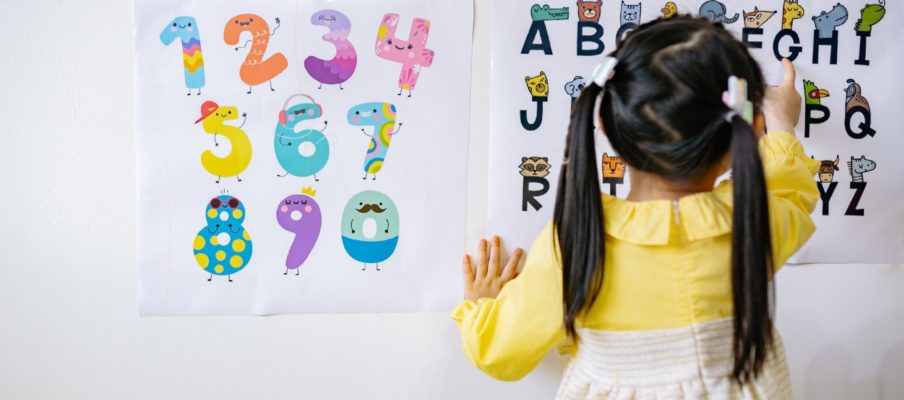Let’s face it… English is a tough language, and learning to read is hard, even for children who are native speakers. Phonics often presents some of the biggest barriers for early learners. Some sounds in particular are more challenging than others, especially for children who are just learning how to read.
Fortunately, reading and pronunciation problems can become opportunities! Developing strong phonetic fundamentals early on is critical for childrens’ understanding of reading, and early literacy can boost cognitive development and overall well-being.
It’s perfectly normal for young readers to have difficulty reading and pronouncing certain phonetic sounds. Below are 3 phonetic elements that children most commonly struggle with, regardless of whether or not English is their first language:
1. Diphthongs like oy/oi
Blended sounds in general are difficult for many early learners. This one is particularly difficult because it’s a combination of two vowel sounds that involve very different mouth movements.
2. Digraphs like ph
Another two-letter challenge! Ph can be an especially tough sound to remember for kids who have mastered the actual F sound, but are new to two-letter combos.
3. The v sound
This one is tricky because of the mouth shapes required, and its similarities to the W sound. Some children also have trouble differentiating between the V sound and the B sound.
Overcoming Difficulties
Practice, practice, practice! It may seem redundant, but practice really is the only way for children to truly master phonics and develop solid reading fundamentals. The issue is often that practicing is boring, and kids have short attention spans to begin with. This is why it helps to have a decodable reader quorum that’s engaging.
Reading can be supplemented by practicing the words out loud and listening to recordings. Phunics takes this a step further by adding immersive illustrations and interactive quizzes for children to practice phonics in multiple fun ways.
Phunics has multiple stories that feature every common sound in American English, including those above. In fact, Phunics hosts the largest library of decodable readers in the world, and it’s now free of charge to sign up! If you have young readers at home or in your classroom, we’d love to see you stop by.
